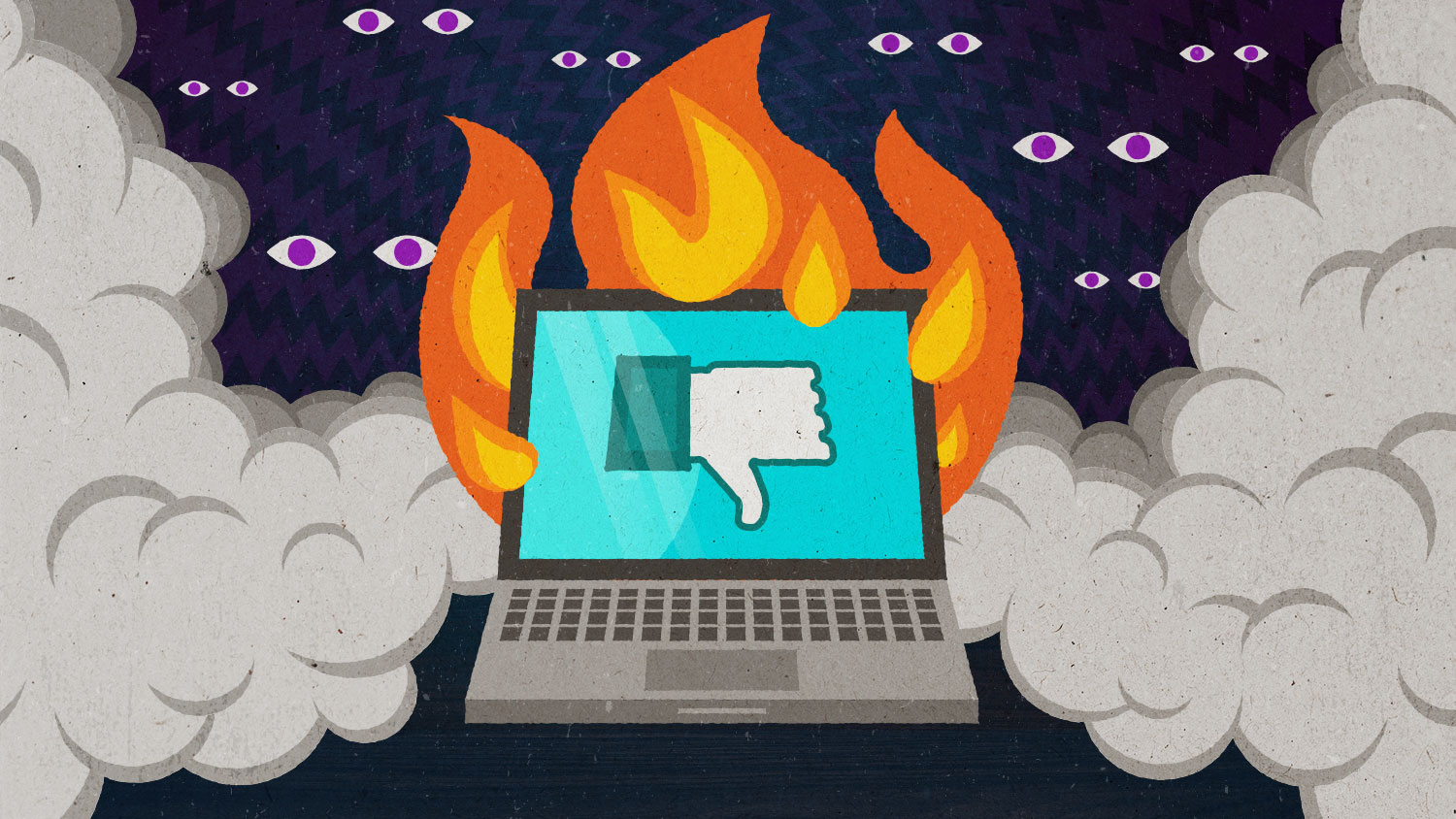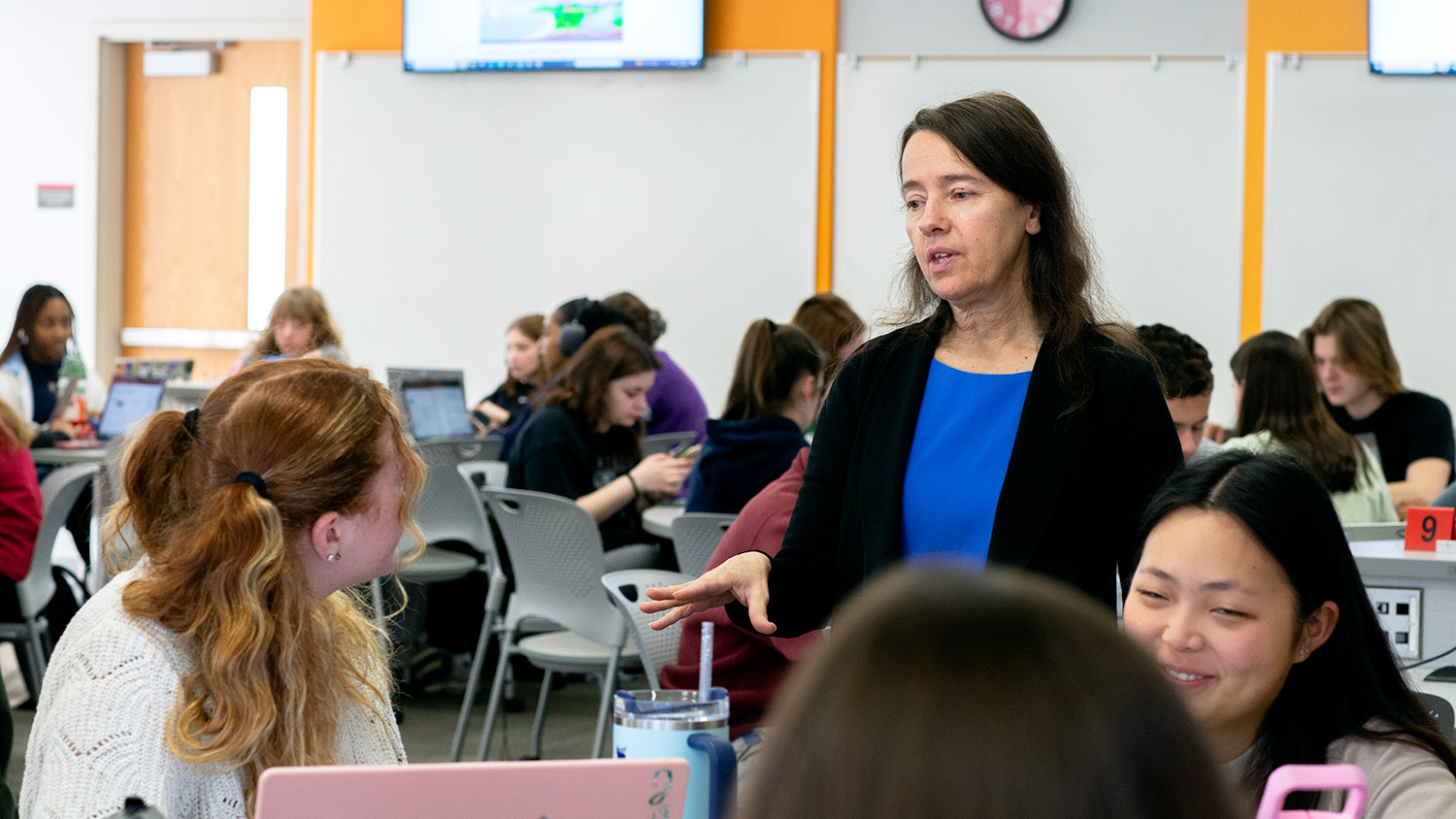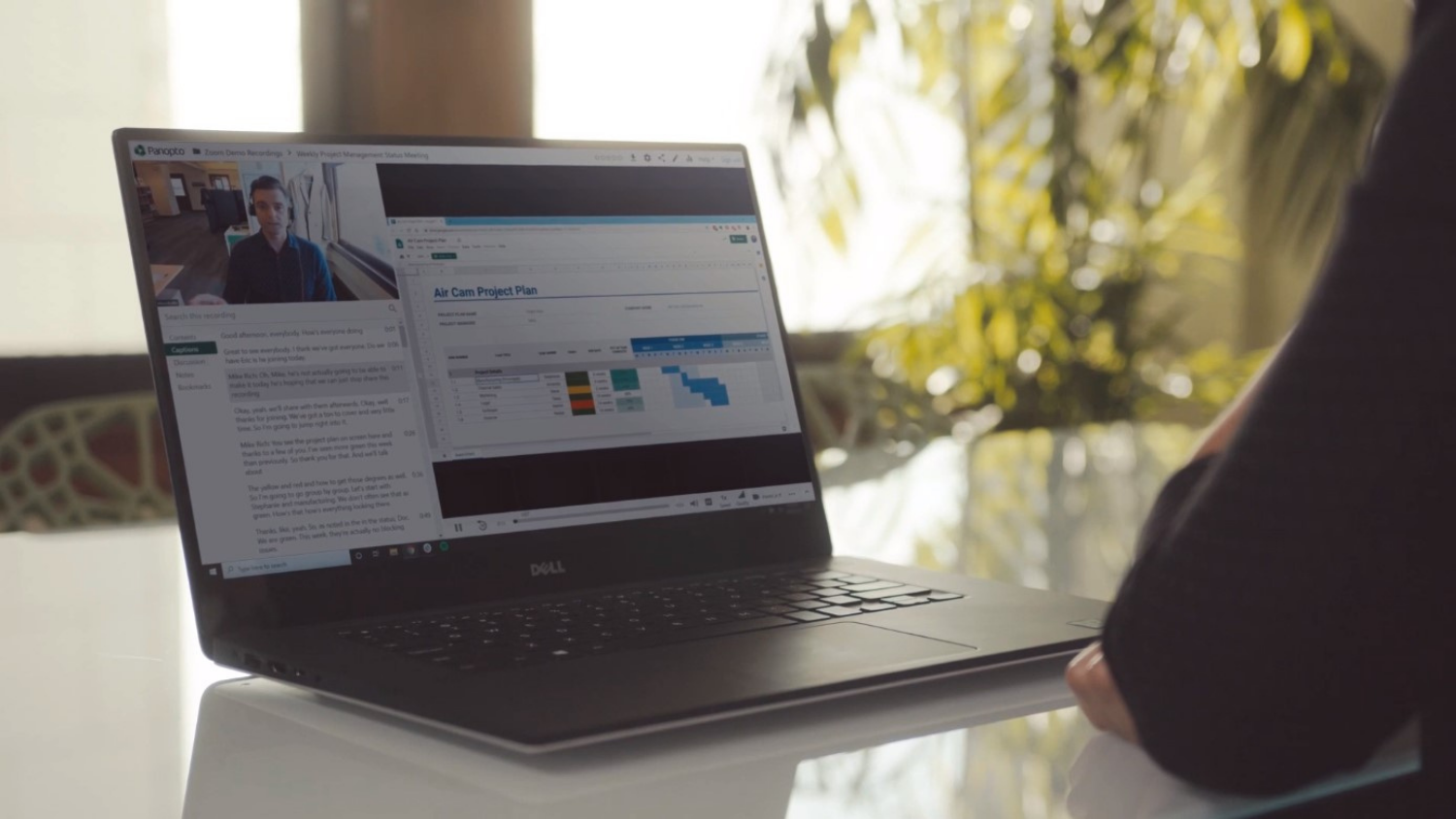When Technology Fails: A Short Memoir

It was November in Vancouver. Tall men in flannel shirts were everywhere, the air was crisp, there was no rain and I was at the Open Education Conference 2015 (#OpenEd15 for the Twitter crowd). Open education types are hard-core. They want things to be open and free and available to all, and that usually means putting things online.
It was a whole big group of tech-savvy people, the kind of people that would know how to hack something, how to use any educational software way beyond its intended purpose. The enthusiasm was palpable, and I had the last talk of the day.
To say that I was prepared to give this talk would be an understatement. I had spent two years getting an open access set of student-generated lab videos ready and tested. I had spent countless hours with my students and my team from DELTA designing the perfect user interface, uploading captions, keeping track of views, and updates and changes. I had even had a dress rehearsal for my talk the week before at East Carolina University. I knew my slides were ready, I knew all my links worked, and I was ready to dazzle those folks. I walked in that room with my head held high, and that’s when disaster struck.
For reasons that were never clearly explained to me, the way the room was wired meant that once you opened your PowerPoint presentation, you couldn’t access other sites on the computer. To make it even worse, the links that worked in every other computer on the planet didn’t work on this one. I was given this information five minutes before my talk, and I did what any other person on the planet would have done: I panicked. I have since learned that when I panic it is pretty easy for others to tell. Something about all the color draining from my face and a look that has been described as “deer in the headlights.” Hard to ignore, apparently.
A friendly librarian in the front of the room saw the look and recognized it. She stepped forward and asked if I needed any help. I told her everything. As I was telling her what the problem was I realized that in a room where every person has a computer or a smartphone, all I had to do was share my links, but there was no whiteboard to write them on. I opened the presentation on my phone, handed it to her (a former stranger) as I was walking on stage and whispered: tweet the links. She smiled and nodded.
By the time I got to the podium the links had been tweeted with the conference hashtag and all I had to do was direct the audience towards them. I stood there like an orchestra conductor, first telling people where to click and then just watching them organically exploring the project site, sharing with neighbors, watching our videos. People came in from other rooms, summoned by their friends and by the Twitter chatter. It was the best presentation I’ve ever given. I may not have been carried off the stage by my adoring fans, but I sure felt like it.
I’ve thought back to that day many times since. What happened? Would it ever have occurred to me to give a talk this way? No, of course not. It reminded me of those times when you get to class and the projector is not working and you have to resort to the board — in some cases even a blackboard. Or the day when the fire alarm goes off and you end up taking your class outside and lecturing under a tree on the side of the brickyard. And yet somehow your students enjoy those kinds of days so much that they even comment about them on class evaluations. They love those disruptions because they get to see things from a different perspective — maybe even because in those cases your love for your subject really gets to shine.
Nobody looks forward to a technology fail, I certainly don’t. But there is a certain amount of new learning that is forced in those situations, and learning is always valuable. There was a time when technology was so limited that if one thing failed, there was no fallback plan. These days we have so many tools at our disposal that if one fails, there is always another one that can save the day, and maybe even improve on the teaching and learning experience. Or bring new friends into your life, like that librarian that saved the day in Vancouver #bestaudiencememberever.


